HR professionals are experiencing a transition in an environment where technology is changing the nature of work. Is it with the conventional HR practices that we can handle contemporary challenges? The emergence of HR SaaS systems is changing the way businesses handle talent, payroll, recruitment, and employee engagement without much sound. The knowledge of these tools has become mandatory.
Why HR SaaS Platforms Matter
HR software used as a service, or HR SaaS has taken its position in both small and larger companies. It was developed to streamline complicated HR events and management charges. HR departments can advance the strategy-focused approach, as it is possible to automate tasks and spend less time on paperwork. It is a fact that professionals are making more resources on these platforms in order to achieve efficiency and accuracy.
● Streamlined recruitment and onboarding
● Centralized employee data management
● Automated payroll and benefits tracking
● Real-time analytics for decision-making
These platforms are not just tools—they are strategic assets. Businesses adopting HR SaaS often report smoother operations and more engaged employees.
Key Features That Professionals Should Know
HR SaaS platforms come with diverse features. Understanding them helps in choosing the right solution. Common features include:
Employee Self-Service
Employees can update personal details, submit leave requests, and access payslips without constant HR intervention.
Performance Management
Automated performance reviews, goal tracking, and feedback loops ensure clarity and accountability across teams.
Recruitment and Applicant Tracking
Job postings, candidate tracking, and interview scheduling are managed seamlessly, saving time and resources.
Analytics and Reporting
HR decisions are backed by data insights, from attrition trends to skill gaps, making strategic planning easier.
Benefits Beyond Automation
Adopting HR SaaS is more than operational convenience. It fosters a culture of transparency, engagement, and flexibility. Professionals can:
● Respond faster to workforce changes
● Enhance employee experience
● Reduce human error in HR processes
● Support remote and hybrid work models
Even small companies benefit. Tasks that once required multiple staff members can now be handled by a single HR executive with the right software.
Challenges Professionals Should Consider
No technology is without challenges. Integration with existing systems, data security, and subscription costs can be barriers. Training HR staff is essential to ensure maximum adoption. Awareness of these potential issues helps in making informed decisions.
Choosing The Right HR SaaS Platform
When selecting a platform, professionals should focus on:
● Ease of use and intuitive design
● Scalability to grow with the organization
● Security features and compliance standards
● Customization options for unique HR needs
A thoughtful selection can drive long-term efficiency and employee satisfaction.
Conclusion
HR SaaS platforms are no longer optional. They are integral to modern HR management. By understanding features, benefits, and challenges, professionals can harness technology to streamline operations and foster a more engaged workforce. Staying informed ensures HR teams remain strategic, not just operational.
.jpeg)
 The rise of HR SaaS platforms is reshaping HR management. Automation, analytics, and self-service tools improve efficiency, reduce errors, and enhance employee experience. Awareness of features, benefits, and challenges helps HR professionals make informed technology choices.
The rise of HR SaaS platforms is reshaping HR management. Automation, analytics, and self-service tools improve efficiency, reduce errors, and enhance employee experience. Awareness of features, benefits, and challenges helps HR professionals make informed technology choices.








.jpeg)
.jpeg)
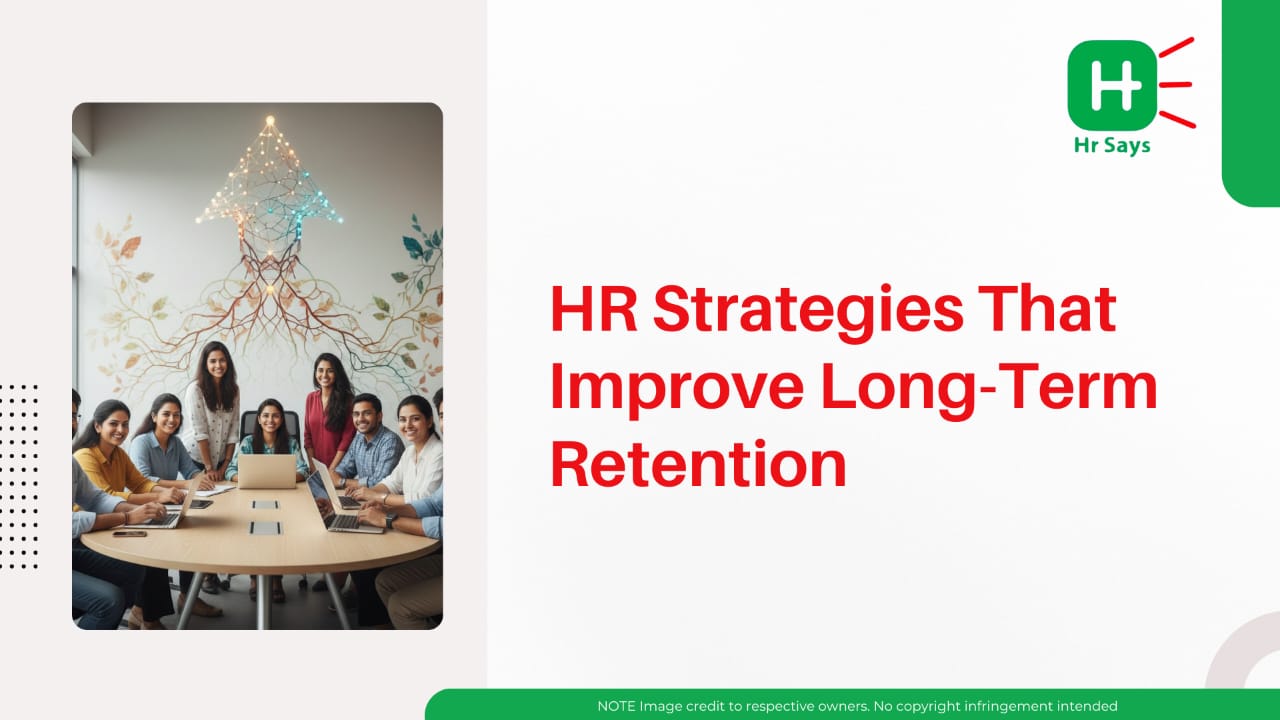
.jpeg)
.jpeg)
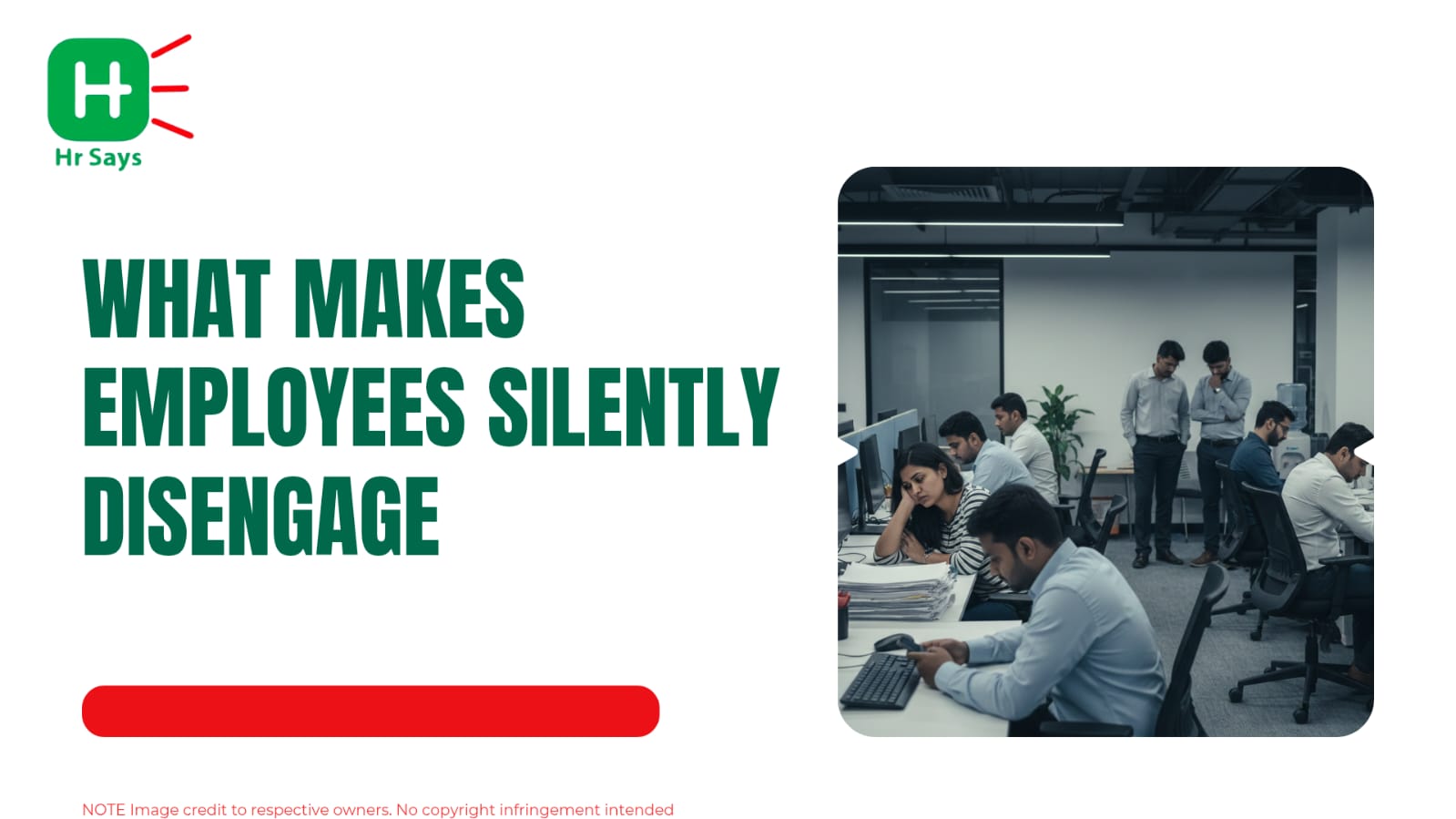
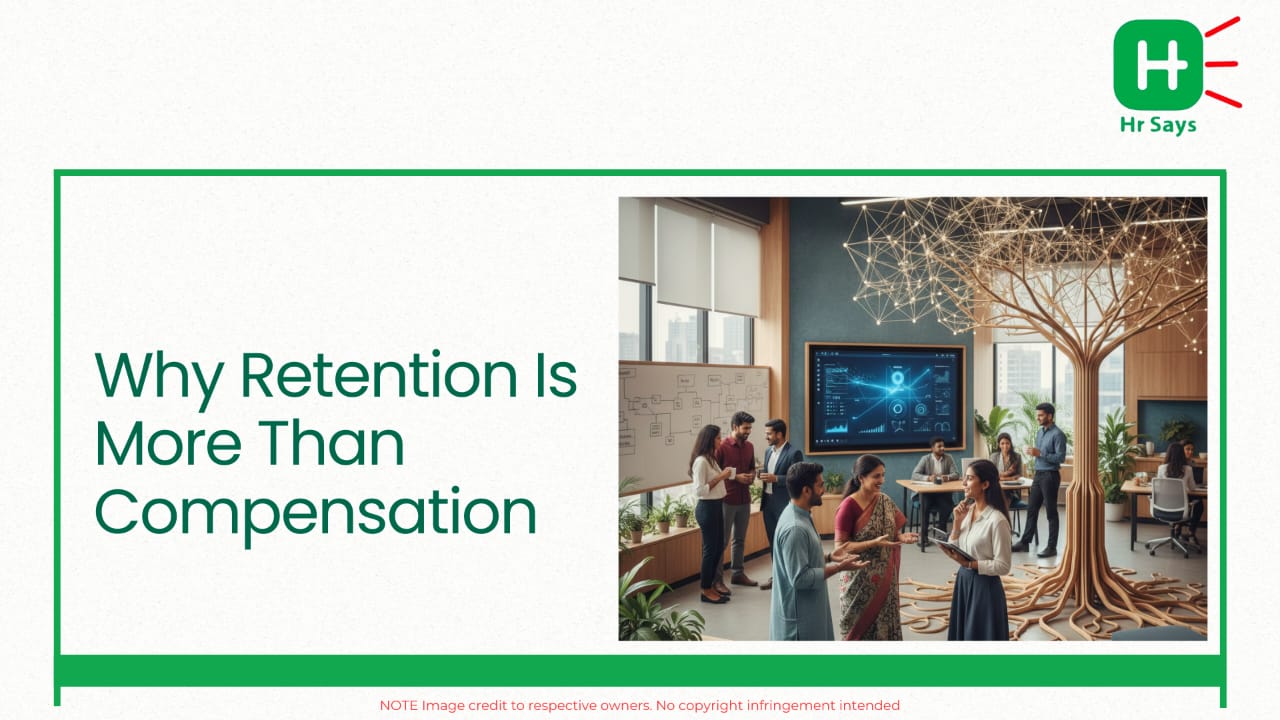
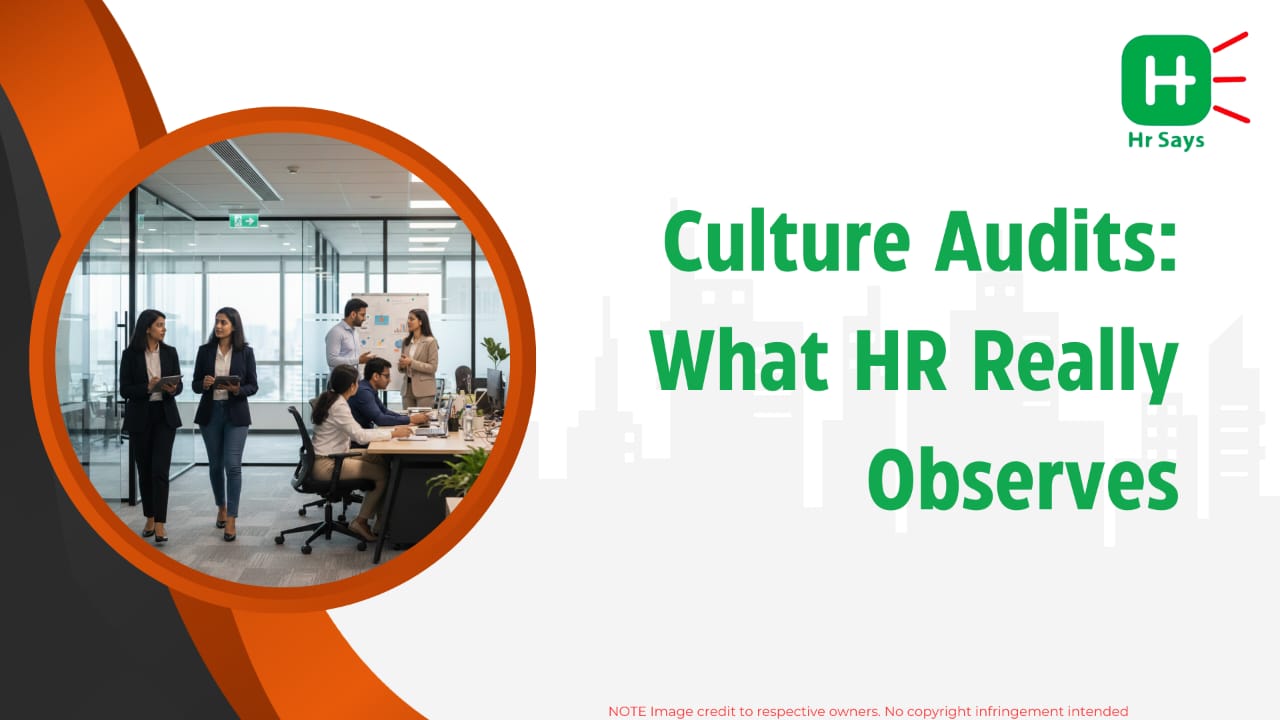
.jpeg)

.jpeg)
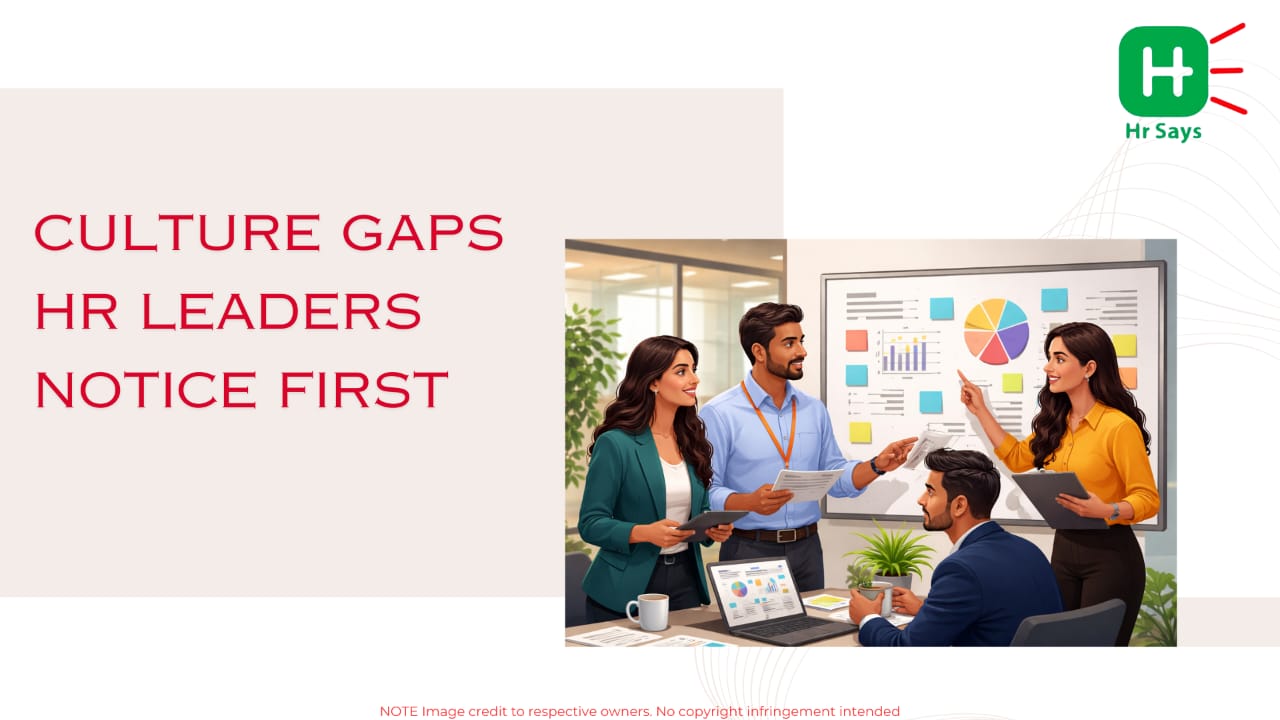
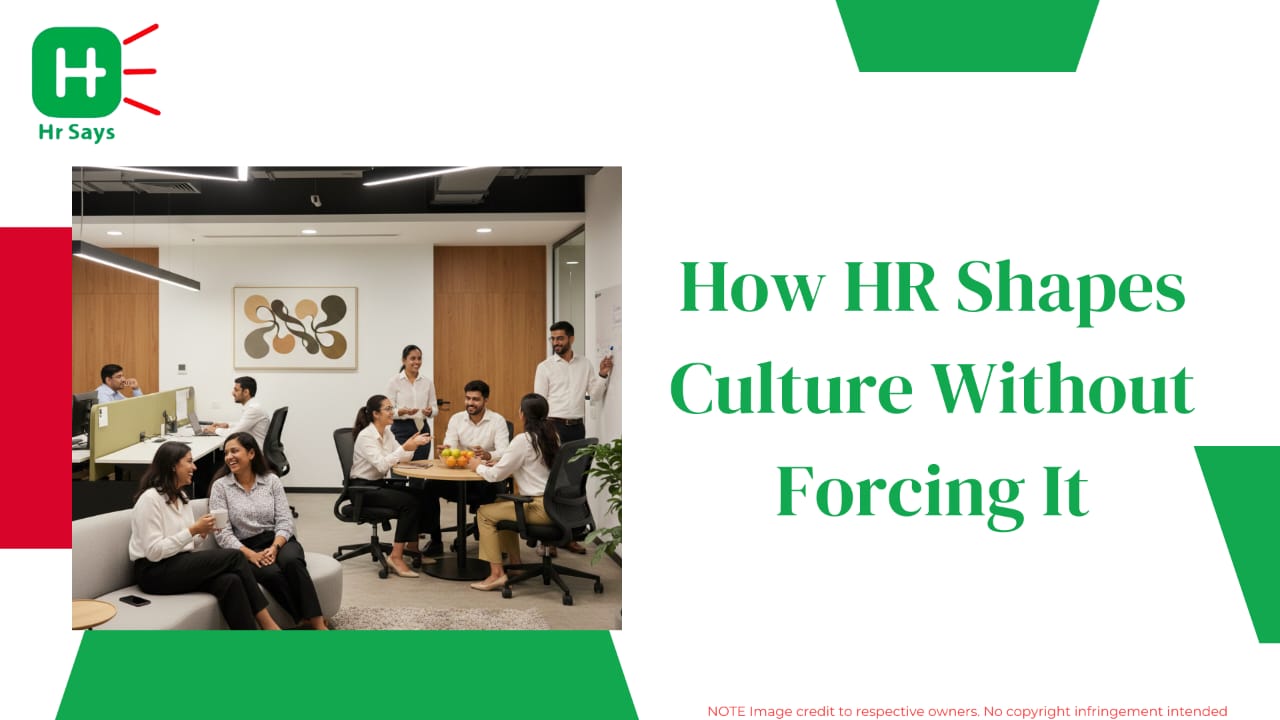
.jpeg)

.jpeg)

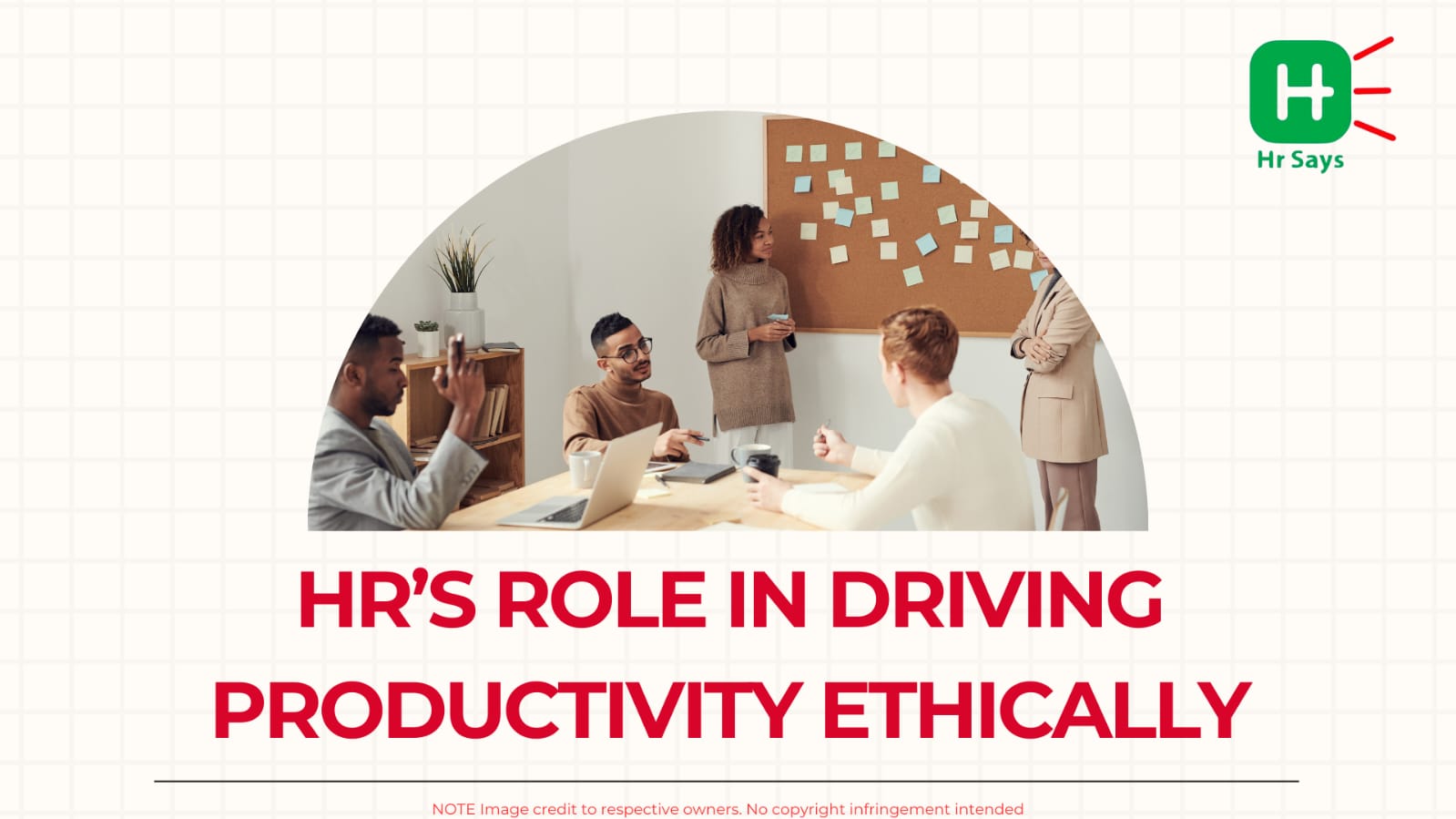
.jpeg)
.jpeg)